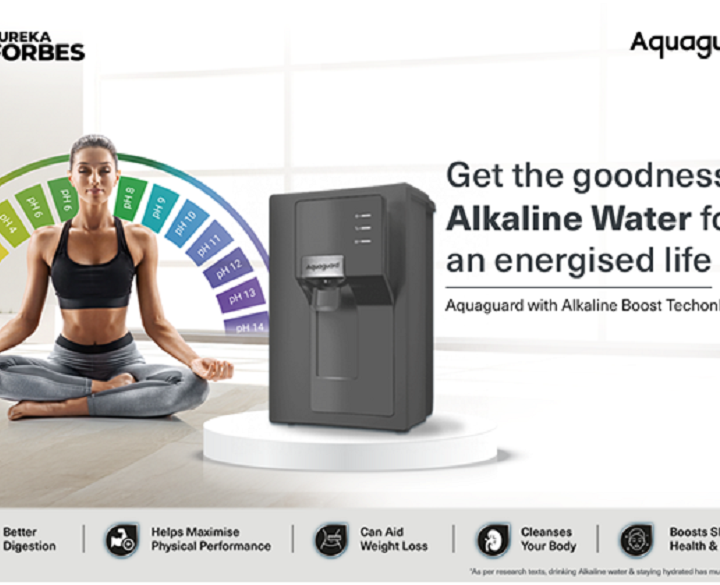In modern manufacturing and production plants, machinery is the backbone of operations. Every moving component, from conveyor belts to heavy-duty engines, depends on smooth performance and minimal downtime. One factor that often determines whether equipment runs efficiently or breaks down unexpectedly is proper lubrication. Among the many types of industrial lubricant available, industrial penetrating oils play a critical role in maintaining machine health and optimizing productivity.
This article explores how penetrating oils enhance efficiency in manufacturing and production plants, their applications, and the benefits they provide to industries that rely heavily on machinery.
Understanding Penetrating Oils in Industrial Settings
Penetrating oils are a type of industrial lubricant designed to seep into tight spaces, loosen seized parts, and reduce friction between metal surfaces. Unlike thicker lubricants that primarily create a protective film, industrial penetrating oils are formulated with low viscosity, allowing them to reach into small gaps and crevices that traditional oils cannot access.
In production environments, machinery is constantly exposed to heat, pressure, and contaminants such as dust, dirt, and moisture. Over time, these factors cause wear, corrosion, and part seizure, which lead to costly breakdowns. Penetrating oils address these challenges by dissolving rust, displacing moisture, and reducing friction, which ultimately helps keep machinery running at peak efficiency.
The Role of Industrial Penetrating Oils in Manufacturing
Manufacturing and production plants rely on countless mechanical systems, from automated assembly lines to heavy presses. If even a single machine fails, the downtime can ripple across the entire operation. Industrial penetrating oils provide value in several ways that directly impact efficiency:
1. Reducing Friction and Wear
Friction is one of the leading causes of energy loss in machines. When metal parts grind against one another without sufficient lubrication, energy that should be driving production is wasted as heat. By minimizing friction, penetrating oils allow machines to operate more smoothly, reducing energy consumption and prolonging the lifespan of components.
2. Loosening Seized and Stuck Parts
In many industrial environments, bolts, nuts, and joints become rusted or frozen due to constant exposure to moisture and high temperatures. Penetrating oils excel at loosening these stuck parts, making repairs and maintenance faster and less labor-intensive. This prevents long delays during servicing and ensures equipment can be returned to operation quickly.
3. Preventing Rust and Corrosion
Corrosion is a persistent problem in production plants, particularly in facilities that deal with moisture or chemicals. Industrial penetrating oils form a protective barrier on metal surfaces, shielding them from oxygen and water that cause rust. By preventing corrosion, these oils not only extend the life of machinery but also reduce the frequency of costly part replacements.
4. Improving Maintenance Efficiency
Routine maintenance is unavoidable in manufacturing, but the efficiency of maintenance work can determine whether downtime is a minor inconvenience or a major disruption. Penetrating oils make it easier to disassemble, clean, and reassemble machines, thereby reducing maintenance time. This ensures that equipment is available for production more consistently.
Applications of Penetrating Oils in Production Plants
Industrial penetrating oils are used across a wide range of sectors within manufacturing and production. Some of the most common applications include:
- Automotive manufacturing: Loosening bolts and lubricating moving parts in assembly lines.
- Food and beverage production: Protecting equipment from rust caused by constant exposure to moisture.
- Textile plants: Reducing friction in looms and conveyor systems that run continuously.
- Steel and metal fabrication: Preventing corrosion on exposed machinery parts and assisting in dismantling large equipment.
- Energy plants: Lubricating turbines, pumps, and compressors to reduce wear and extend service intervals.
These examples highlight how industrial penetrating oils are indispensable in sectors where continuous production and equipment reliability are critical.
Benefits of Penetrating Oils in Industrial Operations
The efficiency gains provided by penetrating oils extend beyond machine performance. They also influence overall plant productivity and cost savings.
1. Increased Equipment Lifespan
By reducing wear, rust, and corrosion, penetrating oils significantly extend the life of machinery. This reduces the frequency of equipment replacement, which is a major cost factor for large-scale production facilities.
2. Reduced Downtime
Unplanned breakdowns are one of the most expensive challenges in manufacturing. With effective lubrication, machines experience fewer failures, leading to consistent production and fewer interruptions.
3. Lower Energy Consumption
Friction forces machinery to use more energy to perform the same amount of work. By minimizing friction, industrial lubricants help plants lower energy usage, which directly reduces operating costs.
4. Streamlined Maintenance Costs
Maintenance teams spend less time struggling with seized parts or replacing corroded components. This translates into lower labor costs and fewer delays in bringing equipment back online.
5. Enhanced Workplace Safety
Malfunctioning or seized machinery can create safety hazards. Proper use of industrial penetrating oils keeps machines operating smoothly and safely, reducing risks to workers.
How Penetrating Oils Support Sustainable Manufacturing
In addition to improving productivity, penetrating oils also support sustainability goals in manufacturing. By extending the life of machinery and reducing energy usage, plants minimize their environmental footprint. Less frequent part replacement means fewer materials are consumed, and lower energy demand reduces carbon emissions.
Moreover, the efficiency improvements provided by industrial lubricants align with the growing emphasis on sustainable practices in global supply chains. Companies that optimize lubrication strategies not only save money but also demonstrate commitment to environmental responsibility.
Best Practices for Using Penetrating Oils in Production Plants
To maximize the benefits of industrial penetrating oils, manufacturing facilities should follow a few best practices:
- Schedule regular lubrication: Consistent application ensures machinery remains protected from friction and corrosion.
- Use the right lubricant for the right application: Not all industrial lubricants are the same. Penetrating oils are best for loosening and protecting, while heavier lubricants may be required for continuous load-bearing parts.
- Train maintenance staff: Proper application techniques ensure the oil penetrates where it is most needed.
- Monitor machine performance: Tracking vibration, noise, and heat levels helps identify when lubrication is required.
By adopting these practices, production plants can maximize uptime, reduce costs, and ensure long-term machine health.
In the fast-paced world of manufacturing and production, every minute of downtime translates into financial loss. Industrial penetrating oils are more than just a maintenance tool—they are a key factor in ensuring efficiency, reliability, and cost-effectiveness. By reducing friction, preventing corrosion, and simplifying maintenance, these specialized industrial lubricants help plants operate at peak performance.
As industries continue to demand higher productivity and sustainability, the role of penetrating oils will only grow in importance. For manufacturing facilities seeking to balance performance, cost savings, and longevity, investing in effective lubrication strategies is one of the smartest decisions they can make.






